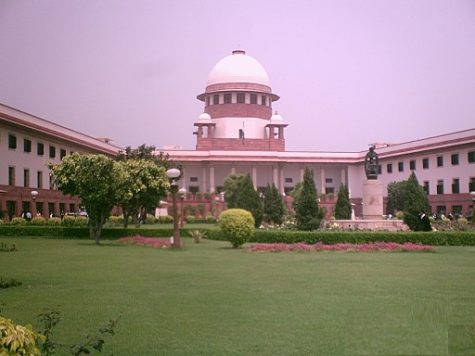The challenges faced by women lawyers in India
In India, women lawyers face a multitude of challenges as they navigate through the legal profession. One significant barrier is the prevalent gender bias within law firms and courtrooms.
Women often encounter discrimination in terms of hiring, promotion, and case assignments. Additionally, balancing professional responsibilities with family duties poses a constant challenge.
The demanding nature of legal work, with long hours and unpredictable schedules, can make it difficult for women to maintain work-life balance, especially in a society.
That women lawyers are facing severe family pressure and, more often than not, have to out of the profession after marriage. Women lawyers, by the time they find themselves to be professionally well grounded, become too old to be considered suitable for marriage in the Indian society.
Challenges face by women lawyers in court
Many Woman lawyer sometimes chooses cases based on the safety and infrastructure of the court and persistent discrimination is regularly faced in the male-dominated field by women. Even the clients often prefer male representatives because women may not appear in court because of their family commitments or personal issues.
Furthermore, the lack of support systems and mentorship opportunities these challenges, leaving many women lawyers feeling isolated and unsupported in their careers. Many women lawyers in India continue to persevere, the way for future generations of female legal professionals. Efforts to address these challenges include advocating for gender-sensitive policies within law firms and legal institutions, promoting mentorship programs, and fostering a supportive and inclusive work culture that empowers women to thrive in the legal profession.
conclusion , women lawyers in India confront multifaceted challenges, including gender bias, limited access to leadership roles, and expectations.Due to their family responsibilities, women have a difficult time balancing home and career. The fact that Indian women are now working outside of the home does not diminish the fact that they still have a long way to go culturally, socially, and economically.

